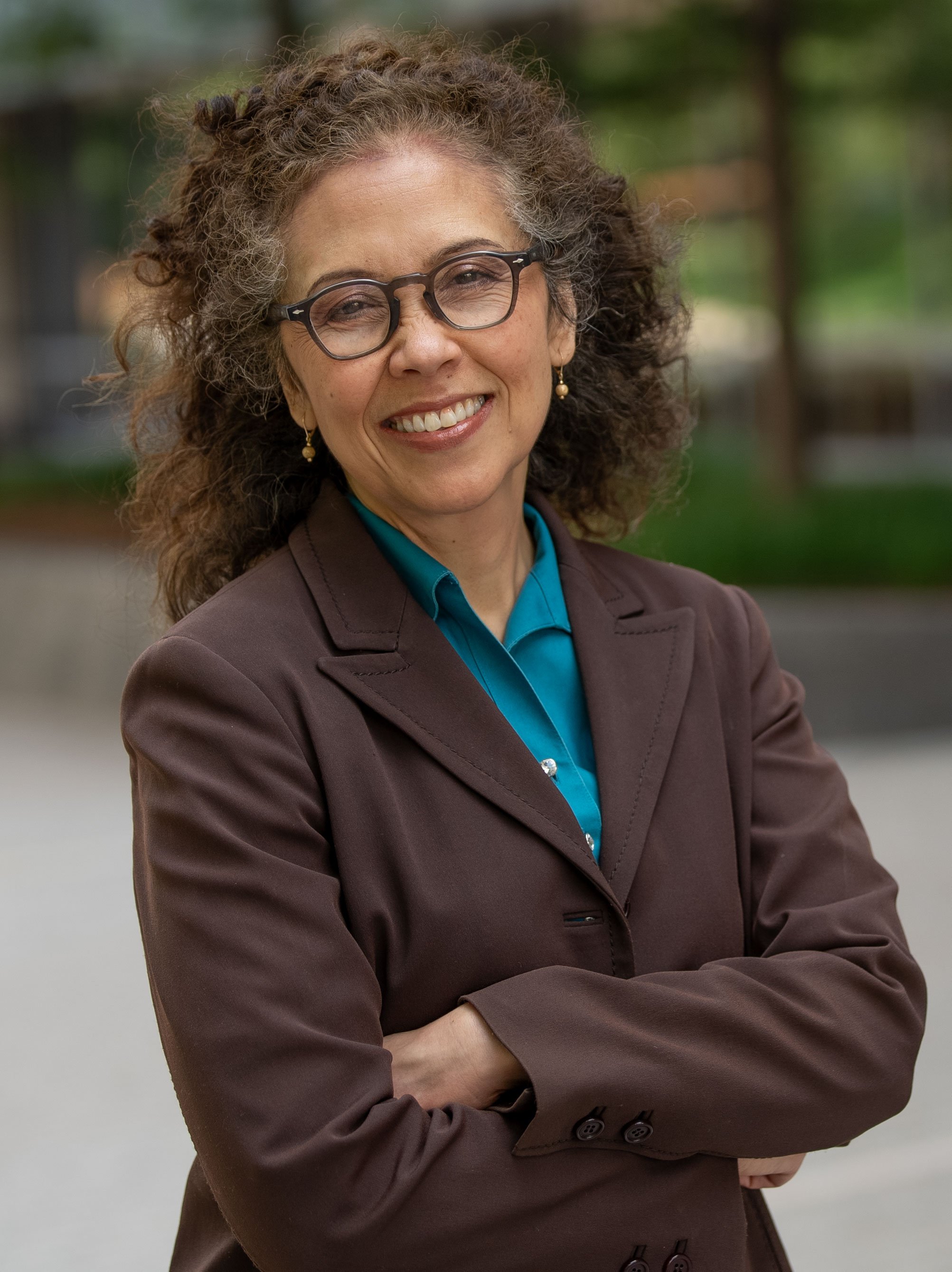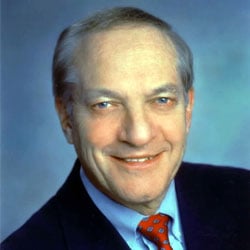A Path Forward: Behavioral Neurology and Neuro Psychiatry focused healthcare
The UMass Neuro-psychiatric legacy for BNNP by Dr. Sheldon Benjamin
Dr. Sheldon Benjamin, MD, founded the UMass neurology/psychiatry residency program in 1997, as a new accredited program with the GME committee and the American Board of Psychiatry and Neurology (ABPN), becoming the fourth program in the US to provide the 6-year academic and clinical training for double board-certified physicians. The other programs are the University of Texas Southwestern, in Dallas, New York University, and Medical University of South Carolina. Currently, neuropsychiatry training is not available in any other country outside of the US. As of 2020, a total of 1,361 double-board neurologist psychiatrists were certified, and recognize their approach treating conditions is different based on their access to diagnostic assessments.
For more information about the neuro-psych residency program click here.
For more information relating to the history and current practice of dual residency training in neurology and psychiatry, review Dr. Benjamin's latest publication; Dual Residency Training in Neurology and Psychiatry: History and Current Practice - PubMed

AM Barrett, MD, FAAN, FANA, FASNR,
UMass Memorial Chair in Neurology,
professor of neurology and brain injury medicine,
Chair, Department of Neurology
UMass Chan Medical School and
UMass Memorial Medical Health,
Chief of Neurology, Central Western MA, VA Healthcare System
The new legacy of behavioral neurology for brain-behavior relationships and neurorehabilitation therapy.
In November 2022, AM Barrett, MD, joined UMass Chan Medical School and UMass Memorial Health as chair and professor of neurology, as well as the chief of neurology service for VA Central Western Massachusetts Healthcare System. She is board-certified in neurology, behavioral neurology, neuropsychiatry, and brain injury medicine. In 2024, Dr. Barrett was awarded the UMass Memorial Chair in Neurology for her role in clinical leadership.
Her previous experience as a physician-scientist specializing in neurorehabilitation care drives her pursuits to understand and provide treatment services relating to brain-behavior relationships relevant to neurological care specialties. Under the lineage of Dr. Kenneth Heilman, she has focused her career in medicine on the study of cognitive and memory disorders, spatial neglect, and developing treatment solutions to aid stroke survivors.
As a leader understanding the behavior of neurology, Dr. Barrett forges ahead with her vision for interdisciplinary clinics integrating the innovative translational therapeutics at UMass with research and education to acquire more comprehensive treatment solutions with access to advanced diagnostics and scans in the clinical environment. In 2023, the Behavioral and Cognitive Neurology Clinic was established at UMass to align with the multidisciplinary approach. An initial goal to support 150 patient visits in the first year. As of August 2024, over 250 patient visits have been supported by our clinical team so far.
Applying BNNP skills to clinical care
In 2023, the department opened the Cognitive and Behavioral Neurology Clinic. Dr. Barrett’s focus on behavioral neurology drives her to develop better care transitions, to aid the imminent needs of patients with cognitive impairments and neurological degenerative disease.
Click here to learn more about the UMass Cognitive and Behavioral Neurology Clinic.

David A. Drachman, MD
Original Chair of the department of neurology
at UMass Chan
Dr. Drachman's contributions to Alzheimer's Disease care at UMass Chan
Dr. Drachman’s legacy for research and treatment strategies impacting our aging communities suffering from Alzheimer's Disease (AD), dementias, and other debilitating neurological diseases.
The Department of Neurology at UMass Chan Medical School originated in 1977, and since the beginning, David A. Drachman, MD, original Chair of Neurology’s legacy worked to increase scientific awareness of AD, other related dementials and neurological disease which drives our department’s research, education, and treatment care centers forward.
 Drs. AM Barrett and Sheldon Benjamin, professors of neurology at UMass Chan Medical School, and contributors to the commentary, "A Path Forward" published in the May 2024 journal,
Drs. AM Barrett and Sheldon Benjamin, professors of neurology at UMass Chan Medical School, and contributors to the commentary, "A Path Forward" published in the May 2024 journal, 